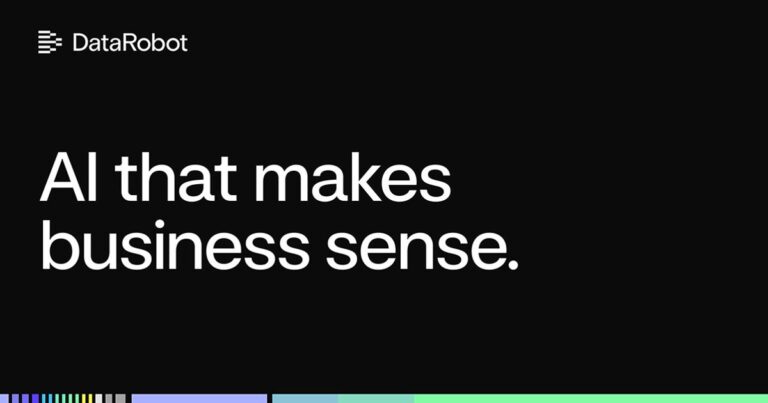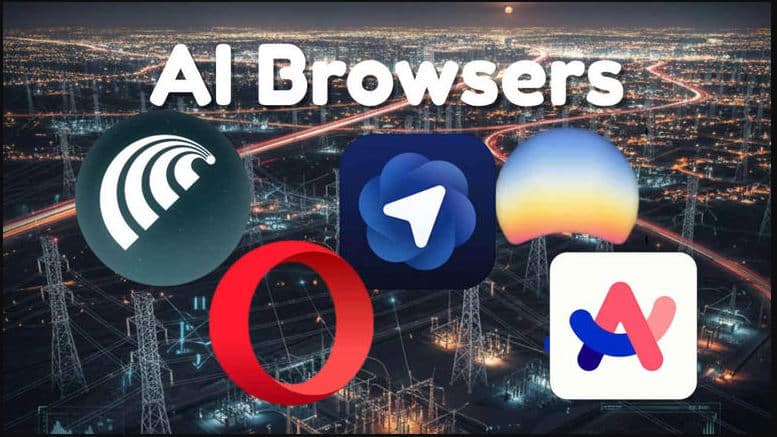AI Tools for Generating Business Ideas: A New Era of Innovation
In today’s fast-paced business landscape, innovation is the cornerstone of success. However, generating unique and viable business ideas can be challenging, especially with saturated markets and evolving consumer demands. Enter artificial intelligence (AI), a transformative force that is revolutionizing how entrepreneurs identify opportunities. AI tools for generating business ideas leverage advanced algorithms, data analysis, and machine learning to uncover trends, solve problems, and spark creativity. This article explores how AI is reshaping business idea generation, highlights key tools, and offers practical guidance for leveraging these technologies.
The Role of AI in Business Idea Generation
AI tools act as digital brainstorming partners, analyzing vast datasets to identify gaps, predict trends, and suggest opportunities. By processing information from market reports, social media, customer reviews, and industry publications, AI can detect patterns that humans might miss. For example, an AI might spot a rising demand for eco-friendly products in a niche market or identify underserved customer segments. This data-driven approach reduces guesswork and increases the likelihood of developing ideas with real-world potential.
Moreover, AI excels at simulating scenarios. Tools can model different business models, forecast outcomes, and evaluate risks, helping entrepreneurs make informed decisions. Whether you’re a seasoned founder or a first-time entrepreneur, AI can serve as a powerful ally in the ideation process.
Key Features of AI Tools for Business Ideas
Effective AI tools for generating business ideas typically include the following features:
- Data Analysis & Trend Identification: Scans global and local market data to spot emerging trends.
- Market Research Automation: Analyzes competitor strategies, customer sentiment, and industry reports.
- Creative Idea Generation: Uses natural language processing (NLP) to brainstorm concepts based on user inputs.
- Predictive Analytics: Forecasts market demands and potential challenges using historical data.
- Customization: Adapts to specific industries, niches, or regions for targeted insights.
These features enable users to move beyond generic ideas and focus on solutions that align with real-world needs.
Top AI Tools for Business Idea Generation
While the AI landscape is constantly evolving, several tools stand out for their ability to generate actionable business ideas:
-
IBM Watson Discovery
- Function: Analyzes unstructured data (e.g., news articles, social media) to uncover insights.
- Use Case: Identifies trending topics or pain points in specific industries.
-
ChatGPT / GPT-4 (OpenAI)
- Function: Generates creative business concepts by responding to prompts.
- Use Case: Brainstorming ideas for products, services, or marketing strategies.
-
IdeaScale
- Function: A platform that uses AI to aggregate and prioritize ideas from teams or customers.
- Use Case: Crowdsourcing innovation for startups or corporate ventures.
-
Trend Hunter
- Function: Tracks global trends and consumer behavior using AI.
- Use Case: Discovering niche opportunities in fashion, tech, or sustainability.
-
Startups.co (AI-Powered Tools)
- Function: Offers AI-driven market research and competitor analysis.
- Use Case: Validating business ideas by assessing market viability.
-
Hootsuite Insights
- Function: Monitors social media sentiment and trends.
- Use Case: Identifying customer needs or pain points in real time.
These tools vary in complexity and focus, but all aim to simplify the ideation process.
How to Use AI Tools Effectively
To maximize the value of AI in generating business ideas, consider these steps:
- Define Your Niche: Narrow down your focus (e.g., sustainability, tech, healthcare) to get targeted insights.
- Leverage Data Sources: Input industry-specific datasets or use tools that access real-time data.
- Combine AI with Human Judgment: Use AI for data-driven suggestions, but validate ideas through market research or customer interviews.
- Iterate and Refine: Test AI-generated ideas against your goals and adapt them based on feedback.
- Stay Updated: Regularly revisit AI tools to track evolving trends and adjust your strategy.
For instance, if an AI tool suggests a demand for AI-powered fitness apps, you could explore how to differentiate your product (e.g., by integrating mental health features or personalized nutrition plans).
Challenges and Considerations
While AI tools are powerful, they are not infallible. Limitations include:
- Bias in Data: AI models trained on skewed datasets may produce biased insights.
- Lack of Context: AI may miss cultural, ethical, or emotional nuances.
- Over-Reliance: Relying solely on AI can lead to overlooked opportunities or risks.
To mitigate these, pair AI with human expertise, conduct thorough validation, and remain flexible in your approach.
Conclusion
AI tools for generating business ideas are no longer a luxury but a necessity in the modern entrepreneurial toolkit. By harnessing their ability to analyze data, predict trends, and spark creativity, entrepreneurs can uncover opportunities that align with market needs. However, the most successful ventures will be those that combine AI insights with human ingenuity, adaptability, and a deep understanding of their target audience.
As AI continues to evolve, the future of business innovation looks brighter—and more intelligent—than ever. Whether you’re seeking a side hustle or a scalable startup, these tools can be your first step toward turning ideas into reality.
Take the next step: Explore AI platforms today, experiment with different tools, and let technology guide you toward your next big opportunity. The future of business is not just innovative—it’s intelligent.







